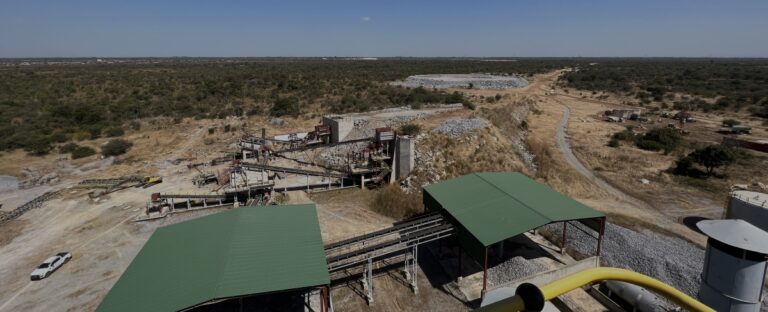Lime is not a mineral in its own right but a manufactured product derived from limestone or other calcium carbonates. The process begins with heating the raw rock in kilns at temperatures reaching up to 1,350 degrees Celsius. This calcination drives off carbon dioxide, leaving calcium and magnesium oxides commonly known as quicklime. When water is added, the reaction produces hydrated or slaked lime, a versatile form that underpins a remarkable range of industrial uses.
In steelmaking, lime is indispensable for removing impurities such as phosphorus, sulfur and silica, helping deliver the purity and strength required in modern alloys. In nonferrous mining, particularly copper and gold extraction, it plays a similarly vital role in separating valuable material from ore. Its function extends into paper manufacturing, where lime contributes to the bright fillers that form the basis of white paper, while in environmental management it enables coal-fired power plants to capture harmful sulfur dioxide emissions. Municipalities depend on it for water treatment, neutralising impurities in both drinking supplies and wastewater streams.
Despite its global ubiquity, lime is rarely a commodity of large-scale international trade. Most countries have local deposits of carbonate rock sufficient for domestic needs, and the product itself resists long-term storage. Quicklime in particular reacts aggressively with moisture, making it unsuitable for extended transport and warehousing. Typically, lime must be used within six months before natural processes of carbonation alter its chemical structure, which enforces its character as a regionally produced and consumed material.
At its core, lime is simply the product of heated limestone, yet it underpins some of the most critical processes in steel, energy, agriculture, water treatment and environmental management.
Firering Strategic Minerals plc (LON:FRG) is an emerging quicklime producer and critical minerals explorer, with operations in Zambia and West Africa.








































